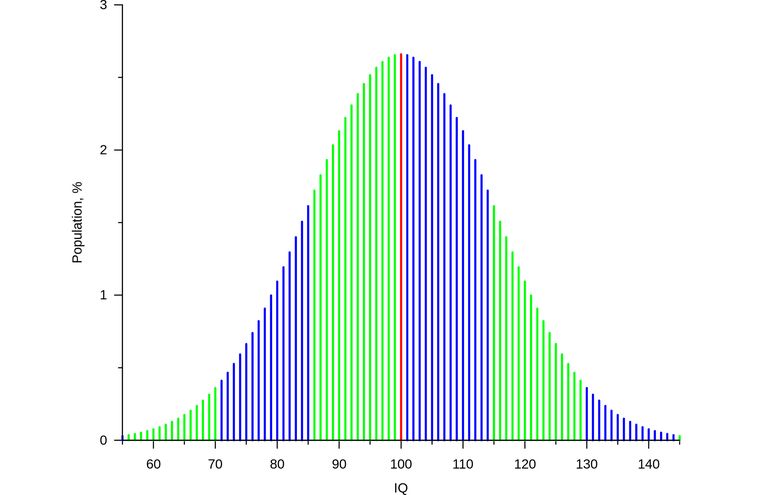

Gifted children are usually highly aware that they have academic and emotional differences from their peers. Prefers friendships with older children.Ability to understand new concepts quickly, without effort.The list below shows some of the characteristics gifted children typically display.

Early predicators of a high IQ can include earlier achievement of developmental milestones especially in speech and language, learning to read before beginning pre-school or school and parents reporting fatigue from the constant curiosity, enquiring into and questioning of these children about their environment. Gifted children have special needs and early identification is important in the provision of appropriate learning experiences. Gifted children must be given the opportunity to realise their potential to acquire talents and skills through learning and practice. Talented children have skills that are well above average in one or more areas. Gifted children have potentialthat is well above average in any or all of the following areas: intellectual, creative, social and physical. These very bright children may require more thoughtful parenting and teaching and additional psychological intervention to help ensure their optimal development and emotional wellbeing throughout their schooling. This may put them more ‘at risk’ socially and emotionally than their same-aged peers. These children are usually popular among their peers, demonstrate leadership and have a good social and emotional profile.Ĭhildren who have an IQ at or above 145 are highly gifted with advanced cognitive abilities, higher speeds in mental processing and heightened sensitivities and awareness of issues. College of Educational and … Continue reading.Ĭhildren with an IQ between 120 to about 135 comprise the largest cohort of gifted children.

However, a child can be classified as being mildly gifted with an IQ score of 115–129 Munro, J and McCann, M. Cater for the needs of gifted and talented learners: An educational psychology perspective. To be classified as gifted, most education departments require children to have an IQ score at or above 130 on a standardised test administered by a psychologist. This means their thinking and reasoning skills are well above their same-aged peers. Traditionally, children described as gifted have an intelligence quotient (IQ) in the very superior range of intelligence.


 0 kommentar(er)
0 kommentar(er)
